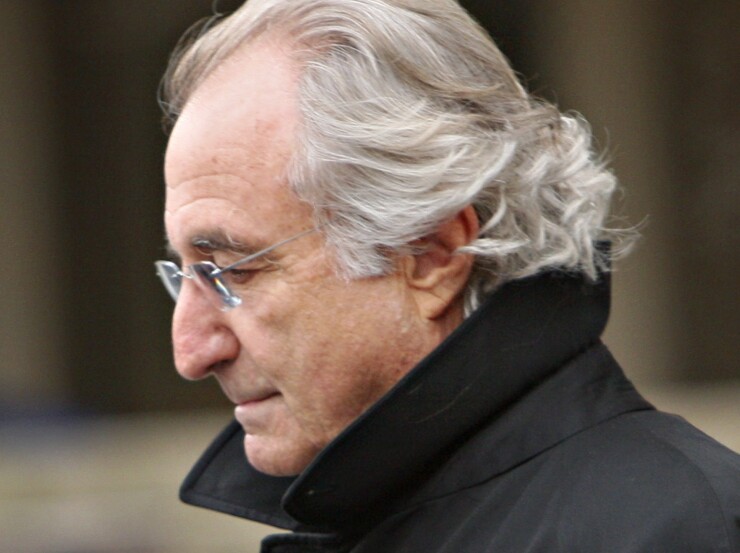Ten years ago next month, Dec. 11, 2008, the FBI arrested financier Bernard L. Madoff for securities fraud. Soon after, thousands of investors learned they were victims of a nearly $65 billion Ponzi scheme and what would eventually be revealed as one of the largest investment frauds in U.S. history.
Not long after Madoff was jailed, I testified before Chairman Barney Frank (D–MA) and the House of Representatives Financial Services Committee in support of heightened protections for individual investors.
The majority of questions that day related to what would become Section 913 of the Dodd Frank Act, which gives authority to the SEC to impose a fiduciary standard of care on financial advisors providing wealth management services to individuals. This standard would have required these advisors to put their clients’ interests ahead of their own.
As committee members strolled in and out of the hearing room, I recall being asked the same specific question at least a half a dozen times: “Will this prevent another Madoff?”
The answer then, as now, is no. Regrettably, it will not. Nor would have the Department of Labor’s ill-fated attempt to impose an ERISA-type fiduciary standard on individual retirement accounts. Nor, frankly, will the SEC’s pending Regulation Best Interest rule.

The irony of the Madoff scandal is that Madoff was already a fiduciary. As an investment advisor registered with the SEC, his firm, Bernard L. Madoff Investment Securities LLC, operated under the Investment Advisors Act of 1940, which had long since established that investment advisors owe a fiduciary duty of care to their clients.
Madoff’s story should remind us that no legislation, no amount of rulemaking or regulatory oversight (Madoff was examined on multiple occasions over several decades by the SEC) will ultimately be able to overcome or compensate for the character flaws that lead ill-intentioned financial professionals to defraud their clients.
Public debate over whether and how to apply a fiduciary-type standard to financial advisors has continued to rage for much of the decade since Madoff went to jail.
-
The regulator's investor advisory committee approved a set of recommendations for commission to clarify "best interest" advice for advisors and brokers.
November 8 -
New York legislators are set to reconsider a previously stalled fiduciary bill.
November 7 -
The regulator proposed a "clear and concise" summary for clients considering the products, but the impact appears limited.
October 31
That debate is expected to reach some type of a resolution in 2019, when the SEC releases a final version of Reg BI, and when the Department of Labor releases conforming amendments to its rules for retirement accounts (assuming they will).
There is no question Reg BI is long overdue. Raising standards for financial advisors and protections for individual investors is undeniably in the public interest. It will enhance confidence in financial markets and reflect best practices in the wealth management industry.
But in the long run, the most important regulatory check to Madoff-type frauds will not be SEC or DOL standards. In fact, it may well be the provisions of the SEC’s little known Custody Rule, which was put into place quickly, and with little debate, following the financial crisis and the discovery of Madoff’s massive fraud.
The Custody Rule, adopted in 2009, requires that advisors operating under the Investment Advisors Act of 1940 use a qualified custodian — a regulated financial institution like a bank or a broker-dealer — to hold and keep safe client assets. Qualified custodians must submit to surprise audits by independent accounting firms and send statements directly to advisors’ clients at least quarterly.
Madoff didn’t have a custodian. Client funds were deposited in his own bank account and used for personal as well as corporate purposes. Fraudulent statements, showing fictitious asset values and investment returns, were sent directly by Madoff to his clients.
The Custody Rule is considered completely pedestrian and rarely mentioned in histories of post-financial-crisis regulatory reform. But if an investor asked me “How can I make sure I’m not a victim of Madoff-type fraud?“ my answer wouldn’t be: Ask your advisor whether they’re a fiduciary. I’d tell them to find out who their advisor’s custodian is.





